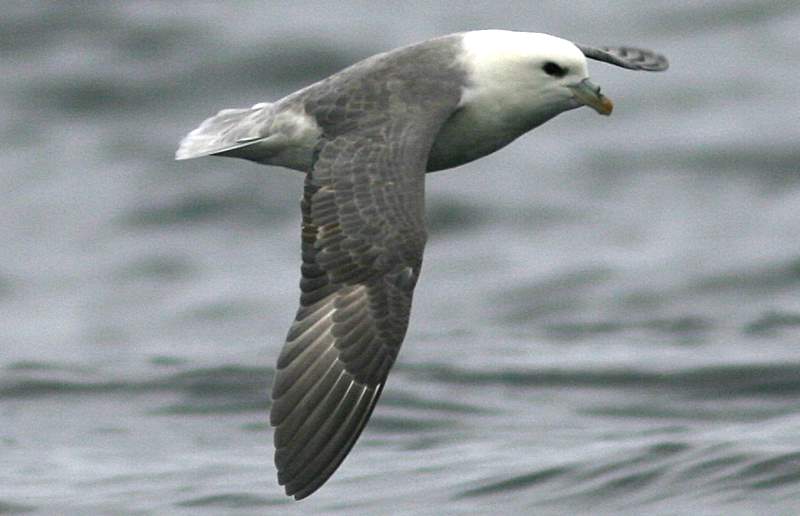Jennifer Provencher (Department of Biology, Acadia University, Wolfville, Nova Scotia, Canada) and colleagues have published in the journal Science of the Total Environment on levels of microplastics excreted by Northern or Arctic Fulmars Fulmarus glacialis.
The paper’s abstract follows:
Plastic pollution is [a] global environmental contaminant. Plastic particulates break down into smaller fragments in the environment, and these small pieces are now commonly found to be ingested by animals. To date, most plastic ingestion studies have focused on assessing retained plastics or regurgitated plastics, but it is likely that animals also excrete plastic and other debris items. We examined the terminal portion of the gastrointestinal tract of a seabird known to commonly ingest plastics, the Northern Fulmar (Fulmarus glacialis), to determine if seabirds excrete microplastics and other debris via their guano. We also examine how guano collections may be used as an indicator of retained plastics. The frequency of occurrence of microplastics did not correlate between the gut and faecal precursor samples, but there was a positive relationship between the number of pieces of plastics in the gut and the number of microplastics in the guano. Our findings suggest that seabirds are acting as vectors of microplastics and debris in the marine environment where their guano accumulates around their colonies. This transport of microplastics and debris by colonial seabirds needs to be further examined, and considered when designing environmental monitoring for microplastics in regions where seabird colonies are found.”

Northern Fulmar in flight
Provencher, J.F., Vermaire, J.C., Avery-Gomm, S., Braune, B.M. & Mallory, M.L.2018. Garbage in guano? Microplastic debris found in faecal precursors of seabirds known to ingest plastics. Science of the Total Environment 644: 1477-1484.
John Cooper, ACAP Information Officer, 30 July 2018

 English
English  Français
Français  Español
Español